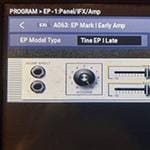
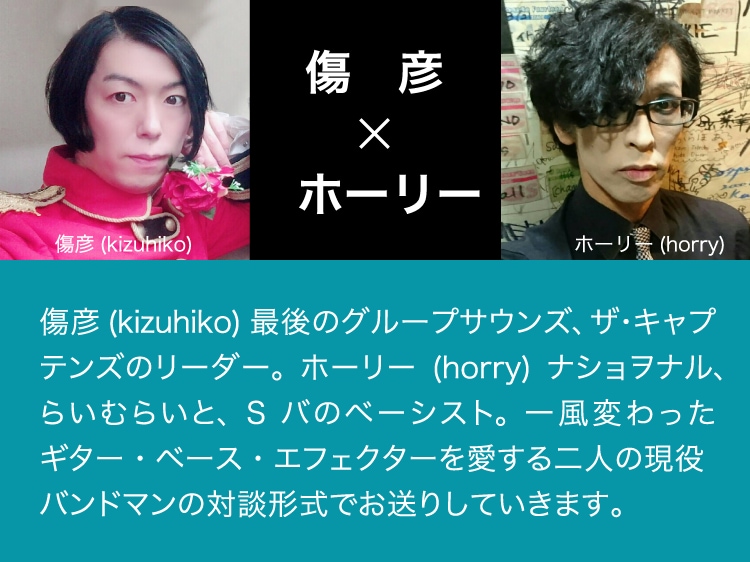
What’s today’s topic?
...wor...z...
Huh?
Wo...r...z...
What?
WORZ!
Eek! What is that?
... Wor..z..
Are you okay? Please calm down...
W..or...
Oh, wait a second... You mean words?
That’s it!!
“That’s it,” huh? Just say it already instead of making it so dramatic!
So, words used to refer to oneself in lyrics...
Ah, you mean first-person pronouns?
That’s it!
And what about them?
There are so many!
What kind of vague statement is that? Well, I don’t usually write lyrics, so I’ve never really thought about it.
Leave it to me! I’ve written over 100 songs!
I see. I’ll leave it to you!
Not to mention, I’ve written for The Captains, The Show Words, Mitsudomoe Chindouchuu, Sengoku★Complex, enka, corporate commercial songs, local promotional songs, anime character songs, and idol groups—the genres are all over the place!
That’s impressive. Writing so much.
Heh!
You’re bragging!
Ahem!
Clearing throat?
Ahem-hem!
Wait, was that supposed to sound seductive? And an old-school type at that. It’s been a while since I heard that one! Enough with the word count padding!
I got scolded!
I’ve been doing this column for a long time now, so I’ve developed a sense for when to step in with a comment...
And?
A sense for when to let Kizuhiko talk freely...
And?
A sense for when no better joke is coming. I’ve gotten pretty good at timing it. More or less.
W-Well... thanks, I guess...
You’re welcome. So, what’s the actual topic?
Alright! Let’s talk about first-person pronouns!
Please do!
First, let’s just list them out.
Sure.
The most common one is ‘boku’.
If we’re talking from a male perspective, yeah.
Mr. Children and many other artists use ‘boku’ the most.
True.
Even Haruki Murakami’s novels often use ‘boku’.
You’re bringing in non-musicians right from the start? It’s like no one but Mr. Children exists! But yeah, fair point.
I use ‘boku’ the most in my own lyrics too.
That makes sense. That fits your image. It’s how you talk normally as well.
Exactly! Most of the time, lyrics reflect how people actually talk.
I guess that’s how it is.
Yeah! The next most common one is probably ‘ore’.
Well, that’s expected.
It feels more masculine and strong compared to ‘boku’!
Yeah, it does give off a different impression. It also adds a bit of a tough-guy vibe.
I personally associate it with The Elephant Kashimashi.
No objections there.
Then there’s ‘watashi’.
‘Watashi’?
It feels a bit more formal or mature.
Yeah. Personally, I associate it more with folk music.
A rare one is ‘oira’.
That one’s not very common... I can only think of Sun House’s song “Oira Ima Made” off the top of my head.
Takeshi Kitano would probably say it.
Oh yeah, that does match his image.
Then there’s... ‘sessha’ or ‘soregashi’.
Who even uses those?
The Captains have a ninja-themed song.
Oh yeah, that’s true.
So, I used ‘sessha’ for that!
I remember seeing you perform it back when we first did a show together. I thought, “What a crazy band!”
Using different first-person pronouns for different songs, almost like cosplay, can be really fun.
I see, it’s about playing a role.
Exactly. For older characters, there’s ‘washi’.
And the sentence ends with -ja, right?
That’s right.
Got it.
Basically, first-person pronouns change depending on the song. Even in everyday life, people use different ones depending on the situation—whether it’s with friends, superiors, or romantic partners.
Yeah... I guess that’s true.
It’s not just about who you’re talking to but also about the situation.
That makes sense.
People naturally switch between them!
And that applies to lyrics too. By consciously choosing the first-person pronoun, you can express different relationships and situations in a song.
Exactly! Now, what about female pronouns?
Probably ‘watashi’.
That’s the most common one, yeah. Then there’s ‘atashi’.
Isn’t that the same thing?
‘A-ta-shi’ versus ‘wa-ta-shi’!
Oh... yeah, I guess they have slightly different nuances.
There’s also ‘atai’.
That suddenly gives off a rough, delinquent vibe. Kind of nostalgic too!
The Captains have a song where we used it.
Oh yeah, that song by that person. Nostalgic.
First-person pronouns really change the feel of a song.
They’re more important than I realized.
Suddenly, it can feel old-fashioned or rebellious.
I see.
Yutaka Ozaki, whom I admired, used ‘ore’, ‘boku’, ‘oira’, and even ‘atai’. So I never felt uncomfortable switching between different first-person pronouns.
Got it.
As for second-person pronouns, the counterparts to ‘boku’ and ‘ore’ are ‘kimi’ and ‘omae’.
Yeah, that makes sense.
In lyrics, ‘boku’ usually pairs with ‘kimi’, and ‘ore’ pairs with ‘omae’.
Ah, so it’s about matching the tone. If the first-person pronoun is ‘watashi’, then ‘anata’ is the natural counterpart.
That’s the best match, yeah!
Agreed.
But you know, people from Kansai—like you, Horry—use ‘jibun’ a lot, right?
Yeah, I do.
See? Sometimes you use it as a first-person pronoun too, don’t you?
...Yeah, I guess I do.
And sometimes you use it to refer to the other person.
That’s true.
It’s convenient but also kind of strange.
I see... It depends on intonation and context, though.
“Jibun, jibun no koto suki nan ya na...”
That sounds like “You really like yourself, huh?” But I guess it can be understood either way.
Japanese is so interesting!
But when you say it, Kizuhiko, it sounds more like “I... I love myself!”
Yeah! I can’t deny it!
Can’t deny it!
One pronoun I use a lot is ‘futari’ (two).
‘Futari’?
Yeah, like in “Futari wa koi o shita” (We fell in love).
You do use that.
It’s shared responsibility.
Shared responsibility!? You’re dragging the other person into it?
Well, love takes two, right?
I guess?
One last thing!
What?
The first-person pronoun Kizuhiko!
Huh?
I finally used my own name in a song for my solo album!
Uh, congratulations? What song?
“Danchigai Heikoubou♡LOVE.” Not an easy one for others to cover, haha!
No kidding. Yeah, I don’t think many people put their own name into song lyrics.
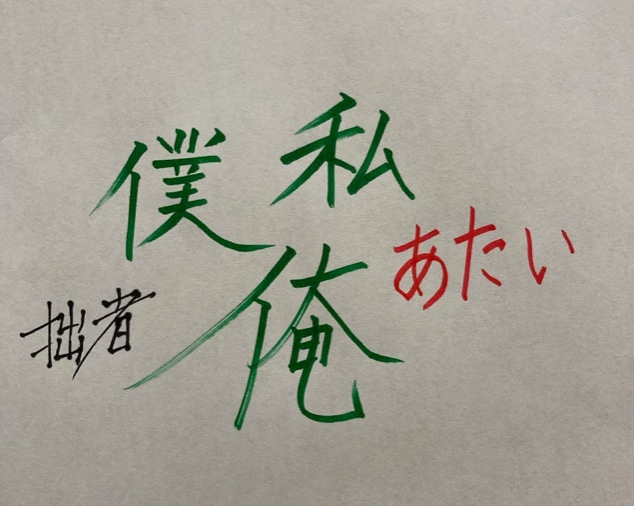
But if this were English, it’d all just be ‘I’ and ‘you’, right?
That’s exactly why Japanese is so rich in choices—let’s enjoy it! Because everything is?
For love!
The “sound & person” column is made up of contributions from you.
For details about contributing, click here.







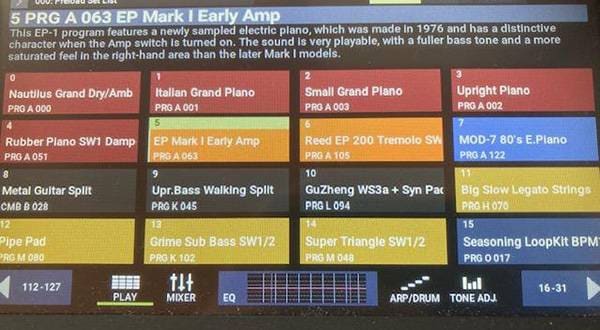
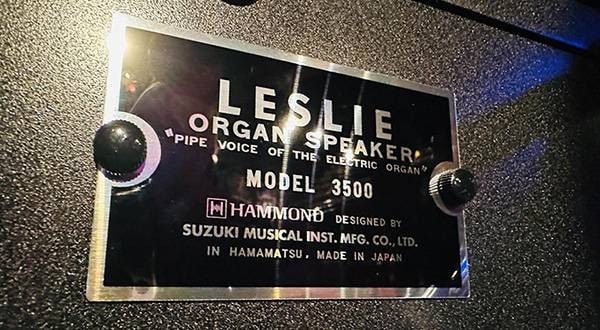
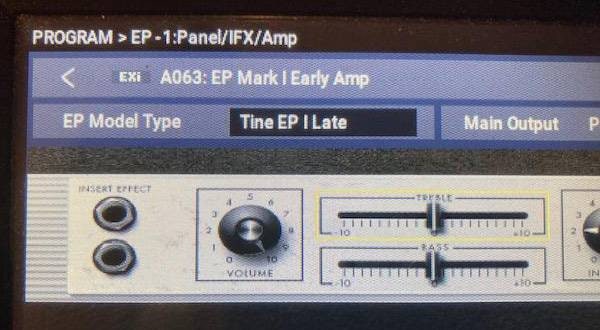

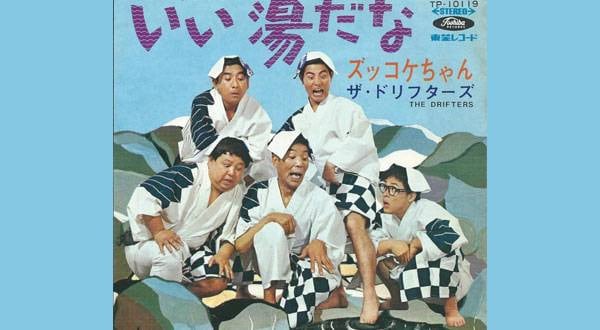
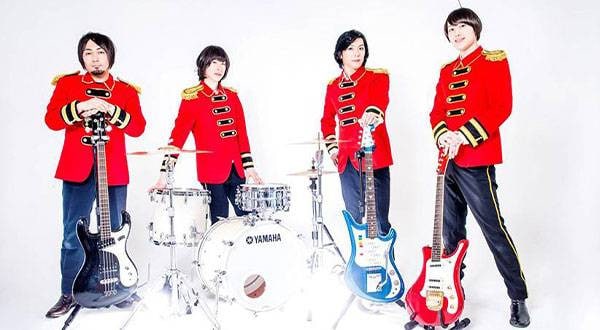

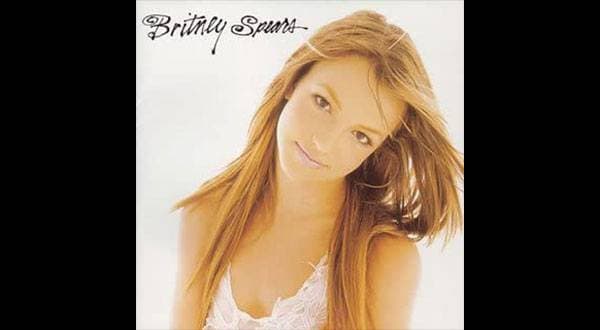


 バンドあるある相談
バンドあるある相談
 推し機材SPECIAL!! VOCALOID
推し機材SPECIAL!! VOCALOID
 みんなでつくる 新・音楽用語事典
みんなでつくる 新・音楽用語事典
 あなたのエフェクターボード見せてください
あなたのエフェクターボード見せてください
 ギター名人ラボ
ギター名人ラボ
 サウンドハウス虎の巻 !
サウンドハウス虎の巻 !



